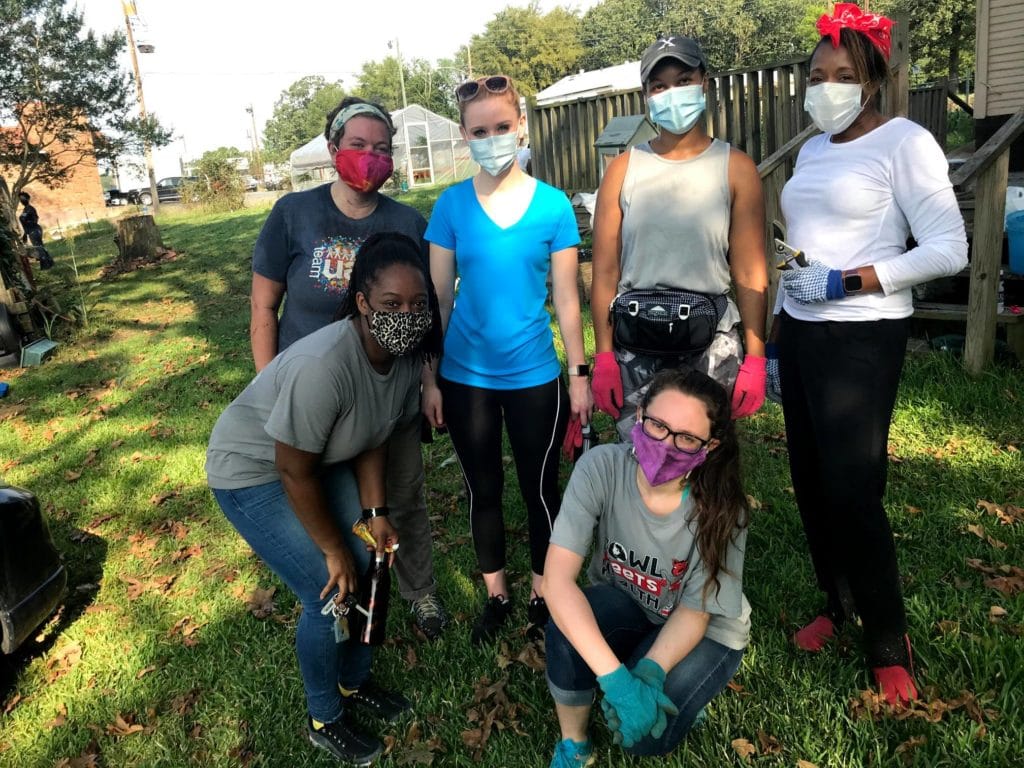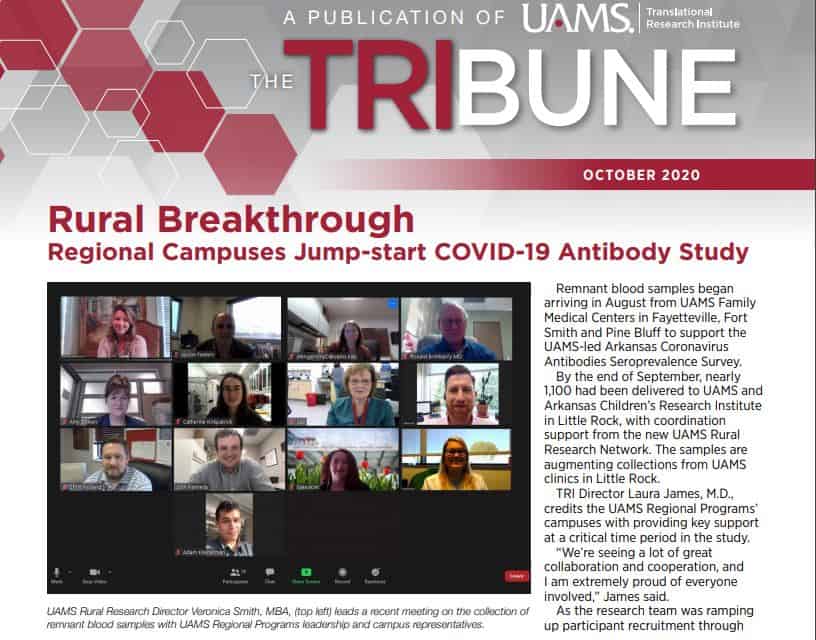
A UAMS-community partnership has garnered two grants for community and backyard gardens and energy efficiency projects.
The U.S. Department of Agriculture awarded a one-year $100,000 grant for developing a network of gardens to improve access to local foods for low-income communities of color in central Arkansas. The grant will also fund education programs and initiatives to promote urban agriculture, and will be evaluated by the UAMS Office of Community-Based Public Health.
Another $10,000 was awarded by Climate Reality to increase sustainability through backyard gardens and energy efficiency.
The grants resulted from a partnership that involves the College of Public Health Office of Community-Based Public Health, the Translational Research Institute Community Engagement Program, and community partner Arkansas Interfaith Power and Light. Other partners include the University of Arkansas Business Innovations Clinic and Arkansas Department of Environmental Quality Farm to School Program.
TRI Community Engagement Program Manager Rachel Hale worked with Arkansas Interfaith Power and Light’s Jimmy Parks, Dr.P.H., garden manager and Scharmel Roussel, executive director, to develop plans and apply for project funding.
The funding, which will provide volunteer and part-time internship opportunities for UAMS students , was applauded by Kate Stewart, M.D., director of the Office of Community-Based Public Health in the College of Public Health, and director of the Translational Research Institute’s Community Engagement Program.
“These exciting projects will engage our students as volunteers in their community gardens,” Stewart said. “It will also help them evaluate projects they are doing with community members to increase the use of backyard gardens.”
Projects will be focused in low-income central Arkansas communities of color living with limited access to affordable and nutritious food, especially the elderly, children, and veterans with high rates of food insecurity, high rates of chronic illness, and disproportionately high utility bills.
Activities to improve food security and help communities adapt to a changing climate will include:
- Supporting community members in starting and maintaining backyard gardens and increasing access to energy efficient items and information.
- Providing education about plant-rich diets, importance of local food, climate change and health, and energy conservation.
- Supporting existing community gardens to provide excess food to the UAMS 12th Street Health and Wellness Center and other food pantries.
- Mentoring youth and young adults interested in becoming urban farmers.


